
As the entertainment industry evolves, so do the devices that deliver it. The latest trend is the rise of smart projectors, advanced devices that promise to replace traditional television sets with their superior image quality and innovative features. So, do these high-tech devices live up to the expectations? Let’s find out.
Understanding Smart Projectors
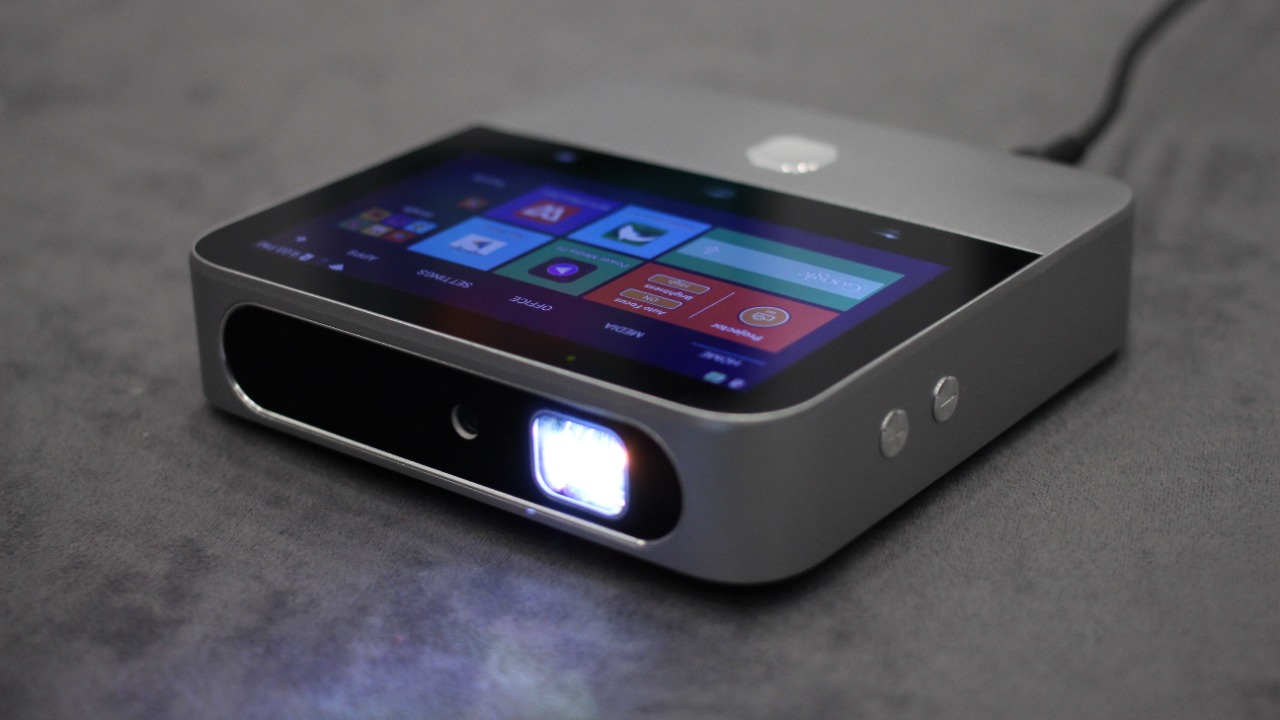
Smart projectors are devices that combine the functionality of a standard projector with the features of a smart TV. They can connect to the internet, support streaming services, and even use voice controls. The rise in popularity of smart projectors can be attributed to the convergence of various technological advancements, such as improved image quality, lower prices, and increased connectivity.
There are two main types of smart projectors: ultra-short throw and regular projectors. Ultra-short throw projectors can be placed close to the screen, making them ideal for small rooms. Regular projectors, on the other hand, require more distance to project a large image. Understanding the difference between these types is crucial to choosing the one that best fits your needs. This article provides a more in-depth comparison between the two.
Comparing Smart Projectors with Traditional TVs
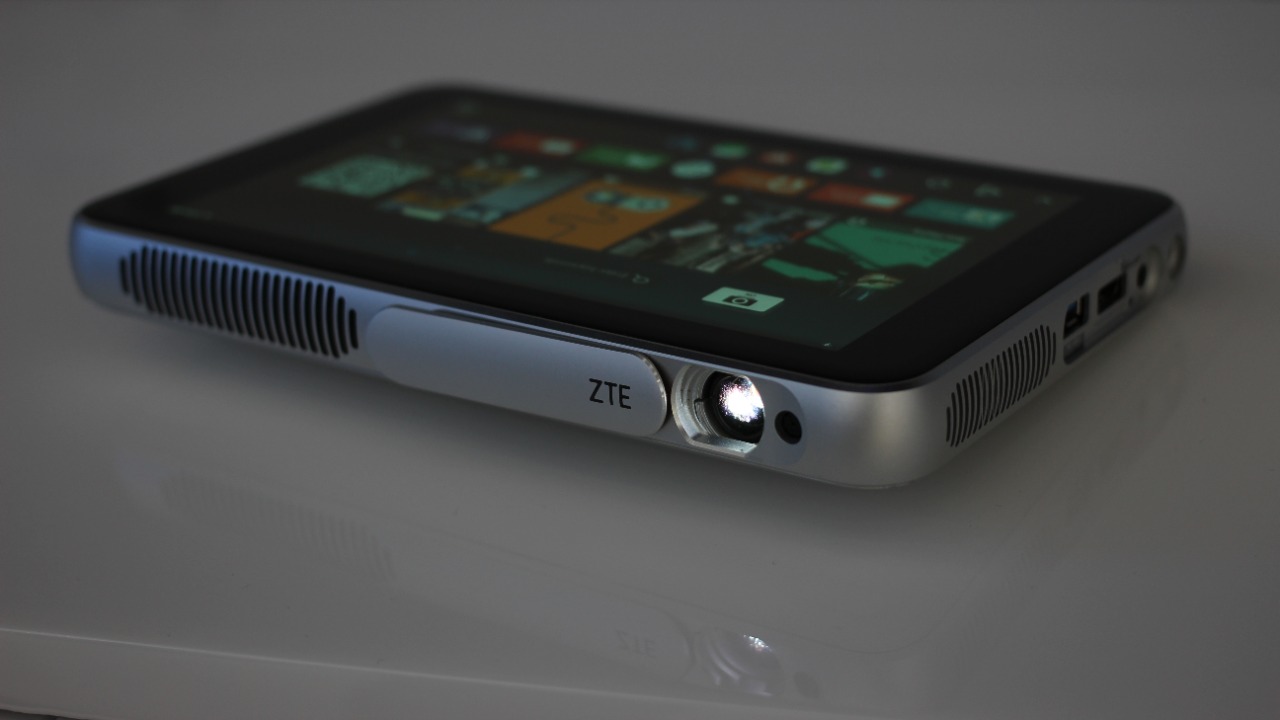
While traditional TVs have made significant strides in image quality, smart projectors are not far behind. The best smart projectors can deliver 4K resolution, HDR, and even 3D content, offering a cinematic experience at home. However, the image quality of a projector is highly dependent on ambient light conditions.
In terms of experience, smart projectors offer more versatility and portability than TVs. They can project onto any flat surface, making them ideal for both indoor and outdoor use. The cost comparison, however, is a mixed bag. While high-end smart projectors can be more expensive upfront, they can be more cost-effective in the long run due to the lack of recurring expenses like cable subscriptions.
Best Performing Smart Projectors on the Market
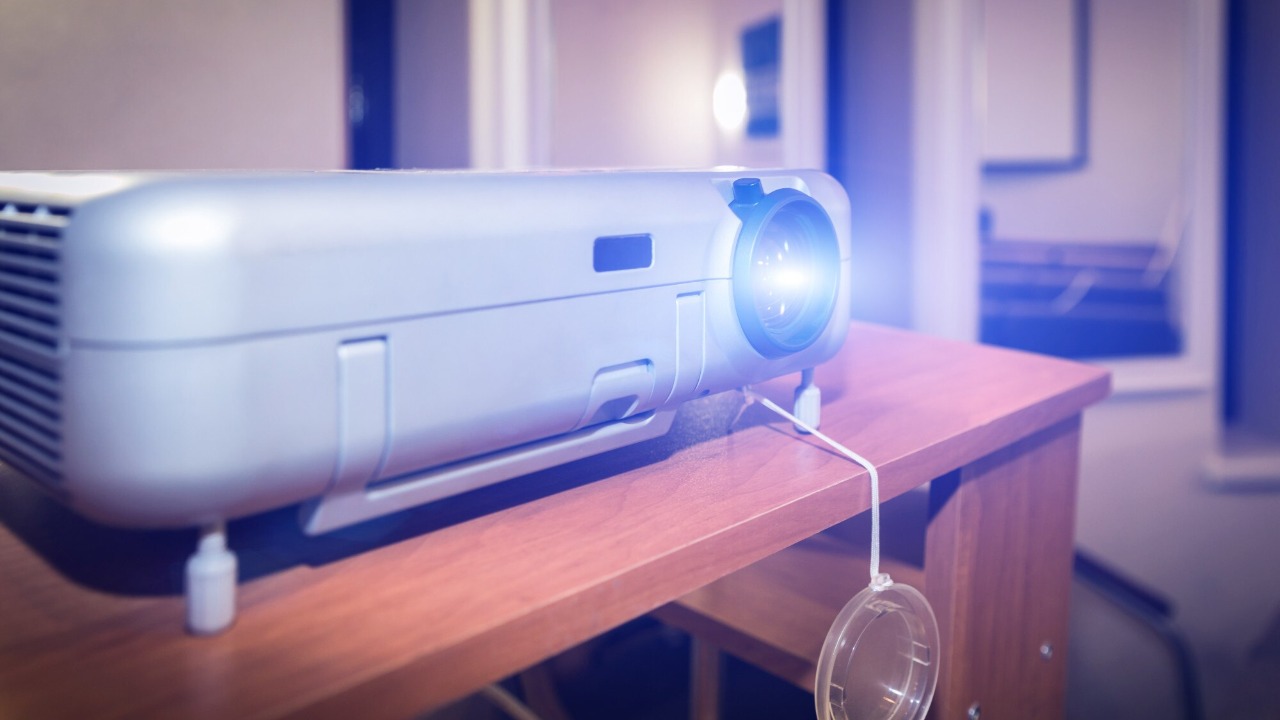
Several smart projectors have received high praise from tech reviewers. According to CNET, some of the top-rated smart projectors include models from brands like Epson, Optoma, and BenQ. These projectors deliver excellent image quality and offer a host of smart features.
The 4K smart projector, in particular, has been making waves in the market. It boasts incredible image quality, vibrant colors, and impressive brightness levels. For a more detailed look at its features, you can check out this review. Meanwhile, Nebula smart projectors have been lauded for their performance and compact size, making them perfect for those with limited space. To learn more about Nebula projectors, head over to their buying guide.
Pros and Cons of Using a Smart Projector
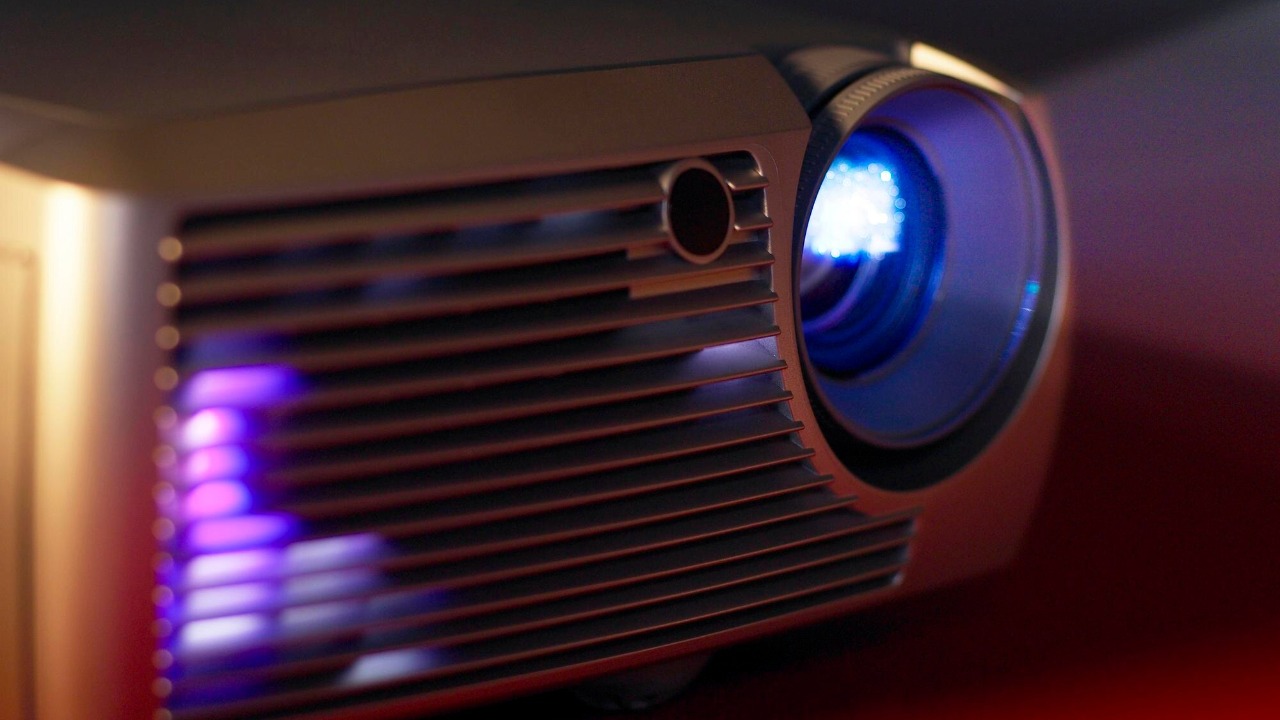
Smart projectors come with several advantages over traditional TVs. They offer a larger screen size, portability, and the ability to turn any space into a mini home theater. Additionally, with their built-in smart features, users can stream content directly without needing additional devices.
However, smart projectors are not without limitations. They require a dark room for the best viewing experience, and the image quality can be affected by the quality of the projection surface. User reviews and experiences vary, with some praising the cinematic experience and others finding the setup and adjustment process cumbersome.
Are Smart Projectors Worth the Hype?
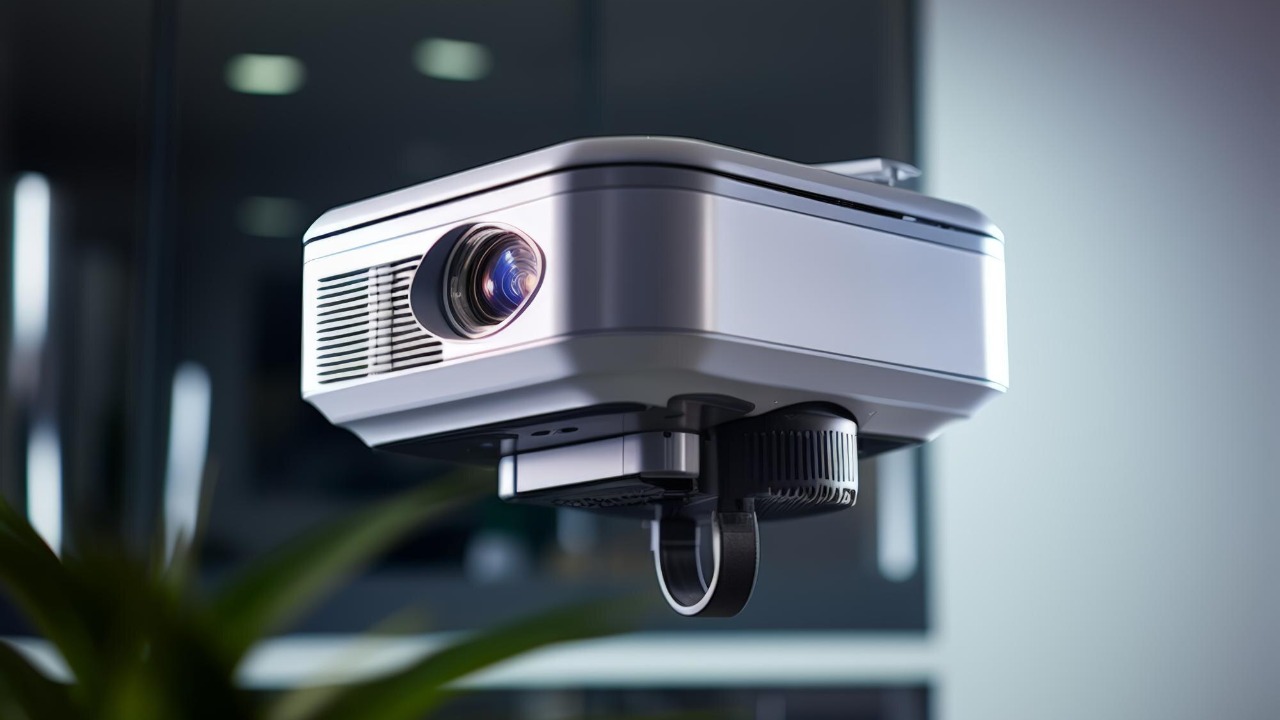
Whether smart projectors can replace traditional TVs in daily use is dependent on individual preferences and requirements. If you value a large screen size, portability, and a cinematic experience, a smart projector could be a great choice. However, if you prefer watching in a well-lit room or need a straightforward setup, a traditional TV might be a better fit.
The future of smart projectors seems promising, with technological advancements likely to improve image quality and user experience. As per expert opinions and reviews, smart projectors have the potential to play a significant role in home entertainment. However, whether they will completely replace traditional TVs remains to be seen.